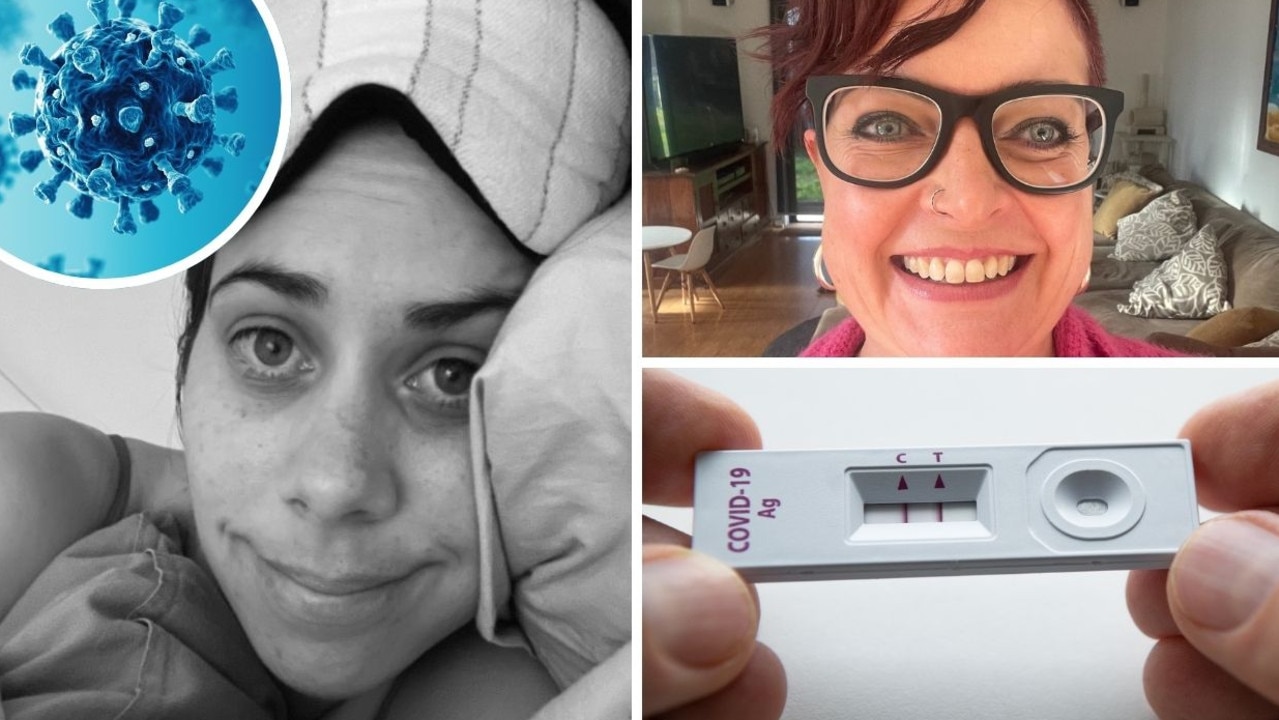Scientists at Peter MacCallum Cancer Centre, Melbourne Uni hope to cure cancer with Covid-19
Three years after the pandemic was declared it seems there might be a silver lining to Covid-19, as Aussie scientists are working on a clever way to use the virus to cure cancer.
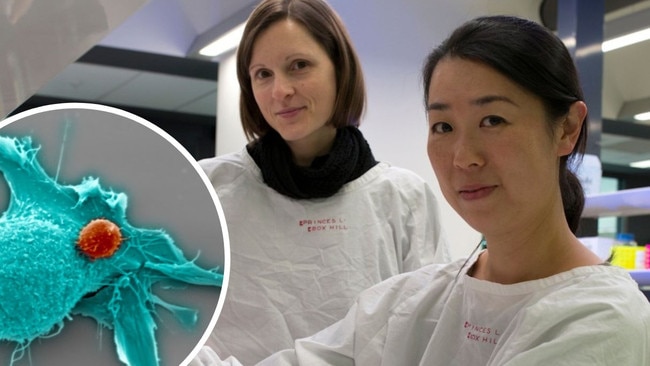
Coronavirus
Don't miss out on the headlines from Coronavirus. Followed categories will be added to My News.
Covid-19 could hold the secret to curing cancer. It’s been proven in a test tube and now an Australian researcher is working towards trialling the breakthrough in humans.
Dr Clare Slaney and her team at the Peter MacCallum Cancer Centre and University of Melbourne are collecting T cells generated by the immune system of people infected with - or vaccinated against - the virus then re-engineering them to recognise and kill breast cancer cells.
Without the widespread infection or vaccination of more than 90 per cent of the population, the moonshot treatment would never have worked.
Dr Slaney and her team are working on ways to improve chimeric antigen receptor (CAR) T therapy, a breakthrough immunotherapy that uses the body’s own immune system to cure blood cancers.
To date the breakthrough treatment CAR T therapy has not worked on solid tumours such breast and ovarian cancer, but Dr Slaney hopes to change that.
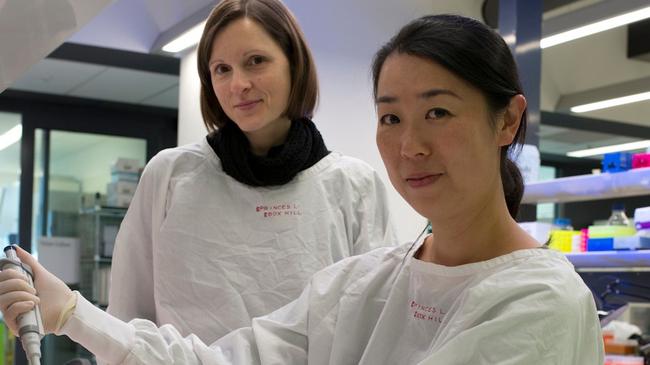
She has already proven the re-engineered Covid T cells can kill breast and ovarian cancer cells in a test tube and within three years she plans to begin a human clinical trial.
In the trial doctors would take blood from breast cancer patients, isolate the T cells the person has made to fight Covid and genetically modify them to recognize the breast cancer.
These modified cells would be injected back into the patient, and the patient would then be given a Covid vaccine (the trial is using an mRNA vaccine being developed by Monash University’s Professor Colin Pouton and his group).
The theory is the vaccine will push the body’s immune system to make millions of new T cells that would all be equipped to fight the breast cancer.
It would be a one off treatment that would effectively cure the person of their cancer because their immune system would fight any recurrence of that cancer in perpetuity.
While initial research is into breast cancer Dr Slaney said if it works the technique could be tried in other solid tumours.
“My research is trying to use the body’s own immune system to fight against its own cancer,” Dr Slaney said.
“I’m so excited about this. I think this is the best idea of my whole career”.
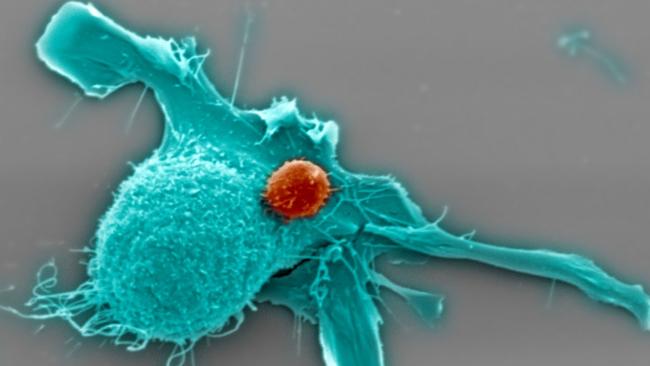
Research into the potential cure is being funded by a National Breast Cancer Foundation (NBCF) grant and the money was announced to coincide with the three year anniversary of the declaration of the Covid pandemic by the World Health Organisation.
“This research is a bit of a silver lining for all of us going through that COVID pandemic,” NBCF CEO Associate Professor Cleo Andereisz said.
“It’s probably one of the first times in history we actually have the majority of the world’s population exposed, either through vaccination, or through infection to the same type of virus and carrying the same type of T cells in their body,” she said.
“For me it’s the cutting edge innovation and leveraging something almost in real time to progress a potential treatment for breast cancer that can really be a game changer in this area,” she said.
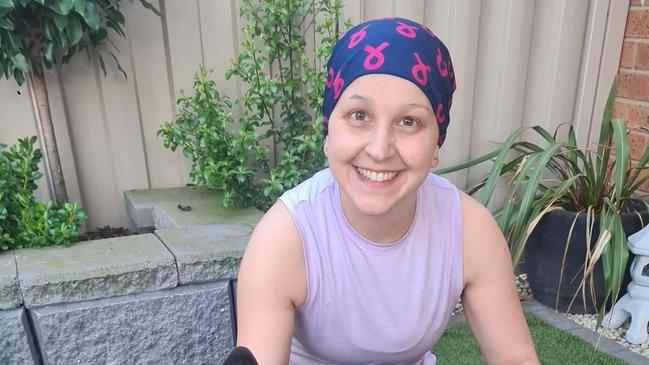
Melbourne nurse Jessica Pugliese was diagnosed with breast cancer a year ago and is encouraged that the research might free her from the fear of her cancer returning.
“I guess if we can try and use a bit of a negative situation and turn it into something positive that will help others then I’m all for it,” the 30 year old said.
“At the moment I’m cancer free, but there’s always in the back of my mind the thought, what if it comes back? For people to not have that worry that would be such a great weight lifted off everyone’s shoulders,” she said of the research.
The NBCF invests around $12 million a year into research and to date has spent $204 million into 606 research projects to prevent, treat and manage the cancer. You can donate here.
More Coverage
Originally published as Scientists at Peter MacCallum Cancer Centre, Melbourne Uni hope to cure cancer with Covid-19
Read related topics:COVID-19 Vaccine





